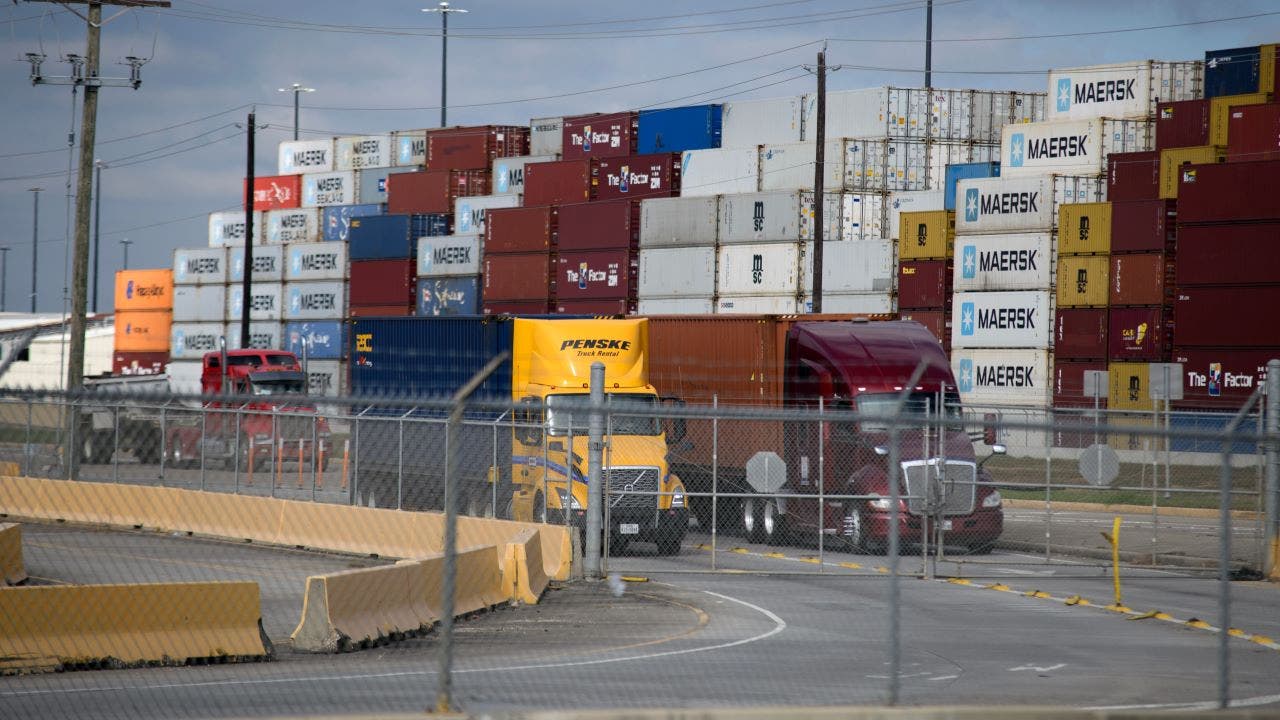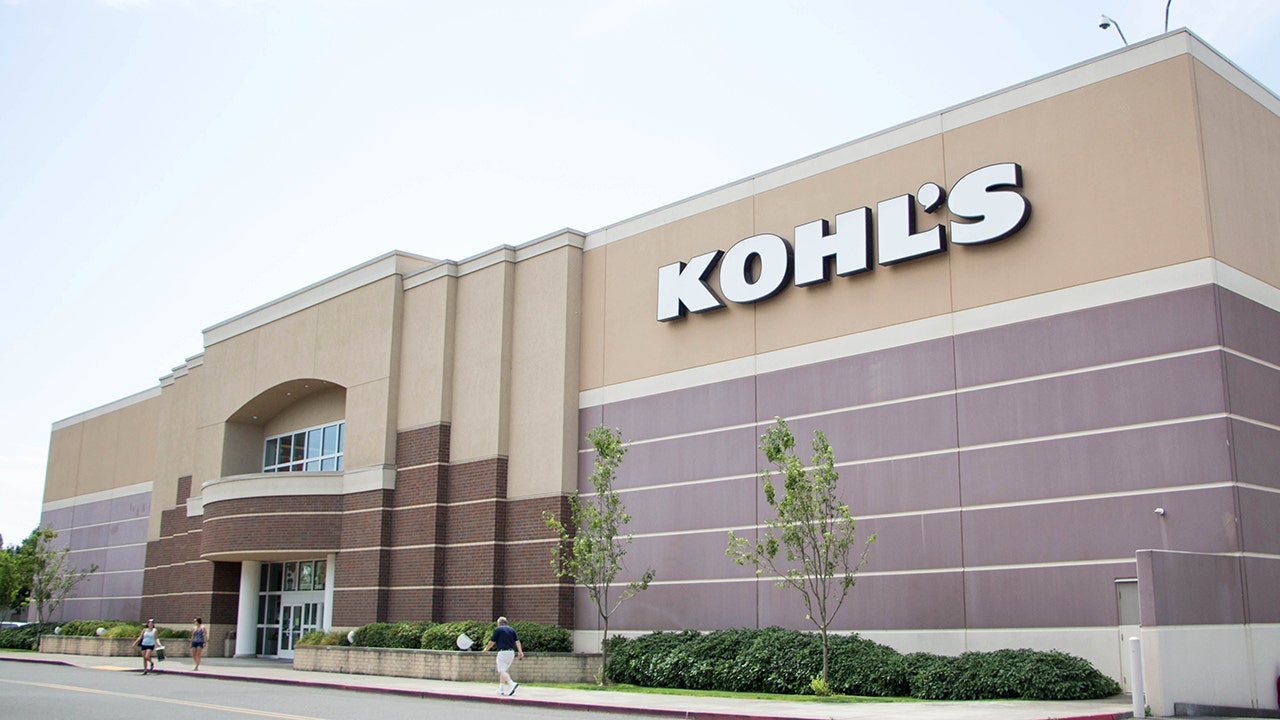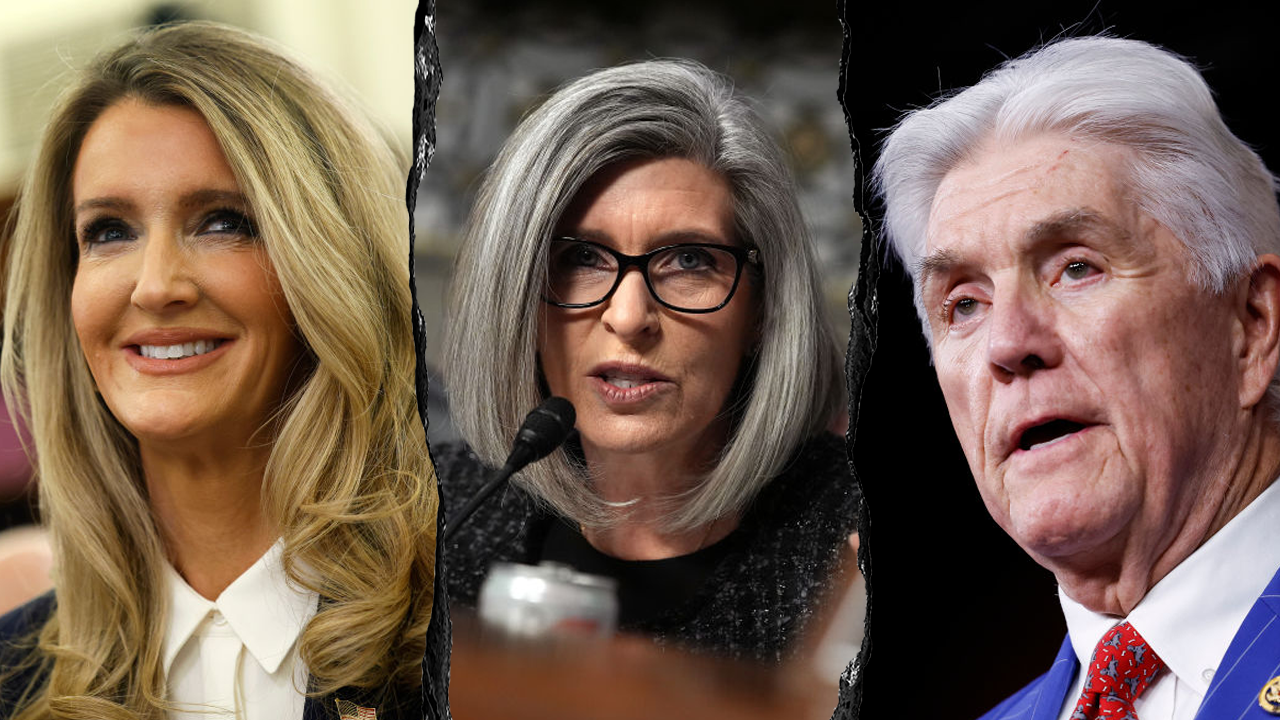The U.S. Chamber of Commerce warned in a new letter to the Trump administration that small businesses need automatic exclusions from tariffs that could undermine their ability to survive.
The Chamber wrote Thursday to Treasury Secretary Scott Bessent, Commerce Secretary Howard Lutnick and U.S. Trade Representative Jamieson Greer to convey their concerns about small businesses’ ability to handle the financial hit of tariffs and call for small businesses to be excluded from the tariffs, as well as other tariff relief measures.
The letter said the Chamber and its members “appreciate your efforts to negotiate bilateral agreements with other nations to achieve zero-for-zero reciprocity on tariffs and reduce non-tariff barriers to trade,” saying such deals would boost U.S. exports, support more jobs and higher wages.
“While we are hopeful these agreements can be reached quickly, we are deeply concerned that even if it only takes weeks or months to reach agreements, many small businesses will suffer irreparable harm. The Chamber is hearing from small business owners every day who are seeing their ability to survive endangered by the recent increase in tariff rates,” it wrote in explaining the need for tariff relief.
SMALL BUSINESS OWNERS SPEAK OUT ABOUT EFFECTS OF TRUMP TARIFFS: ‘UNSUSTAINABLE’
The Chamber requested the Trump administration “take immediate action to save America’s small businesses and stave off a recession” by taking three actions on tariffs using its authority.
The first of those would be an automatic exclusion for small business importers, as the Chamber contends that small businesses “do not have the margin or capital reserves to sustain the increased tariffs, nor do they have the ability to quickly modify supply chains.”
The second action requested by the Chamber is automatic tariff exclusions for products that can’t be sourced in the U.S. or are not readily available from domestic sources to protect businesses and consumers from higher costs. Such items that are currently exposed to tariffs include coffee, bananas, cocoa and certain minerals, while the request also applies to “many other bespoke industrial inputs critical to American manufacturers.”
US SHOP THAT RELIED ON CANADIANS ANNOUNCES CLOSURE, CITING TARIFFS AND TRUMP’S ‘CHOICE’
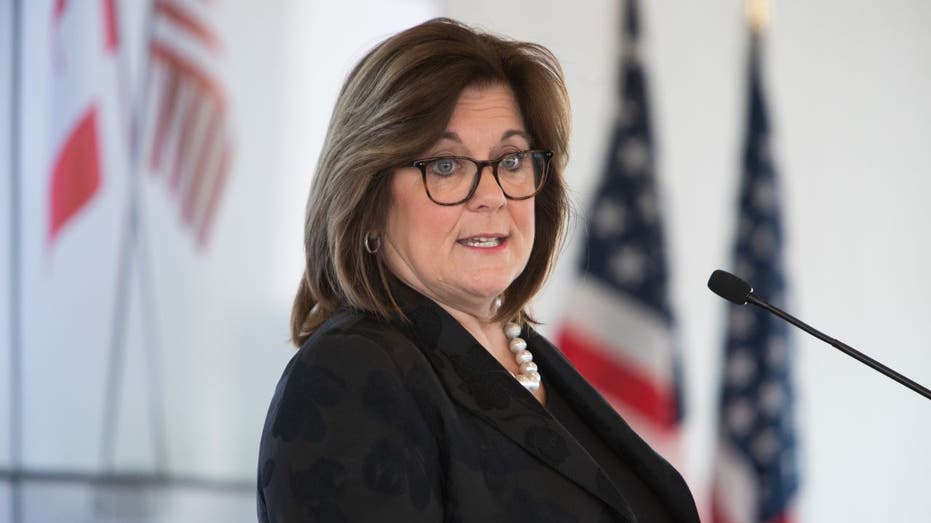
The third tariff policy request is for a process for businesses to “expeditiously obtain exclusions in situations where the company can demonstrate that, as applied, the tariff imposes significant risks to U.S. employment.” The letter noted that over 40 million American jobs rely on trade and that it’s “imperative” to protect and grow those jobs to drive economic growth and prosperity.
“The Chamber supports many of the President’s policy goals, including eliminating unfair trade and non-trade barriers, and driving American investment,” Suzanne P. Clark, president and CEO of the U.S. Chamber of Commerce, said in a statement. “At the same time, we have heard from a historic number of small businesses who have made it clear: they need immediate relief from tariffs.”
“As each day goes by, small businesses are increasingly endangered by higher costs and interrupted supply chains that will cause irreparable harm,” she said. “We applaud the administration’s efforts to negotiate as many new trade agreements as possible that expand market access for U.S. companies and benefit American workers, but these deals take time, and many businesses simply can’t afford to wait while negotiations proceed.”
CONSUMER CONFIDENCE PLUNGED TO A 5-YEAR LOW IN APRIL
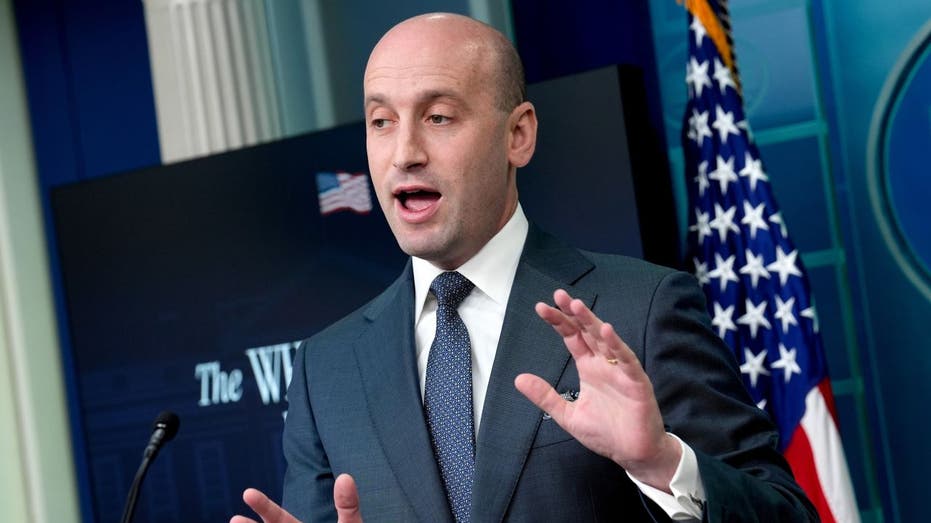
White House Deputy Chief of Staff for Policy Stephen Miller was asked about the Chamber of Commerce’s letter during a press briefing on Thursday and said that relief for small businesses will come from the tax cut package the Trump administration and congressional Republicans are looking to advance in the months ahead.
“The relief for small businesses is going to come in the form of the largest tax cut in American history,” Miller responded, adding that the package will have 100% expensing for investment in the U.S. and criticized Democrats for opposing the bill.
“This will be the most pro-small business tax bill in American history. And at the same time, this is what you have to understand about the plan, is as they’re able to do that, as they’re able to reshore those supply chains, that also means they’ll pay no tariff. So you’ll have the lowest tax environment and there’ll be no tariff because their production and supply chains will be in the United States,” Miller said.
In a follow-up question, Miller was asked if his response meant there would be no short-term tariff relief for small businesses.
“It’s a yes on tax relief for small businesses. And again, you only pay the tariff for products that are made outside the United States,” Miller said.



